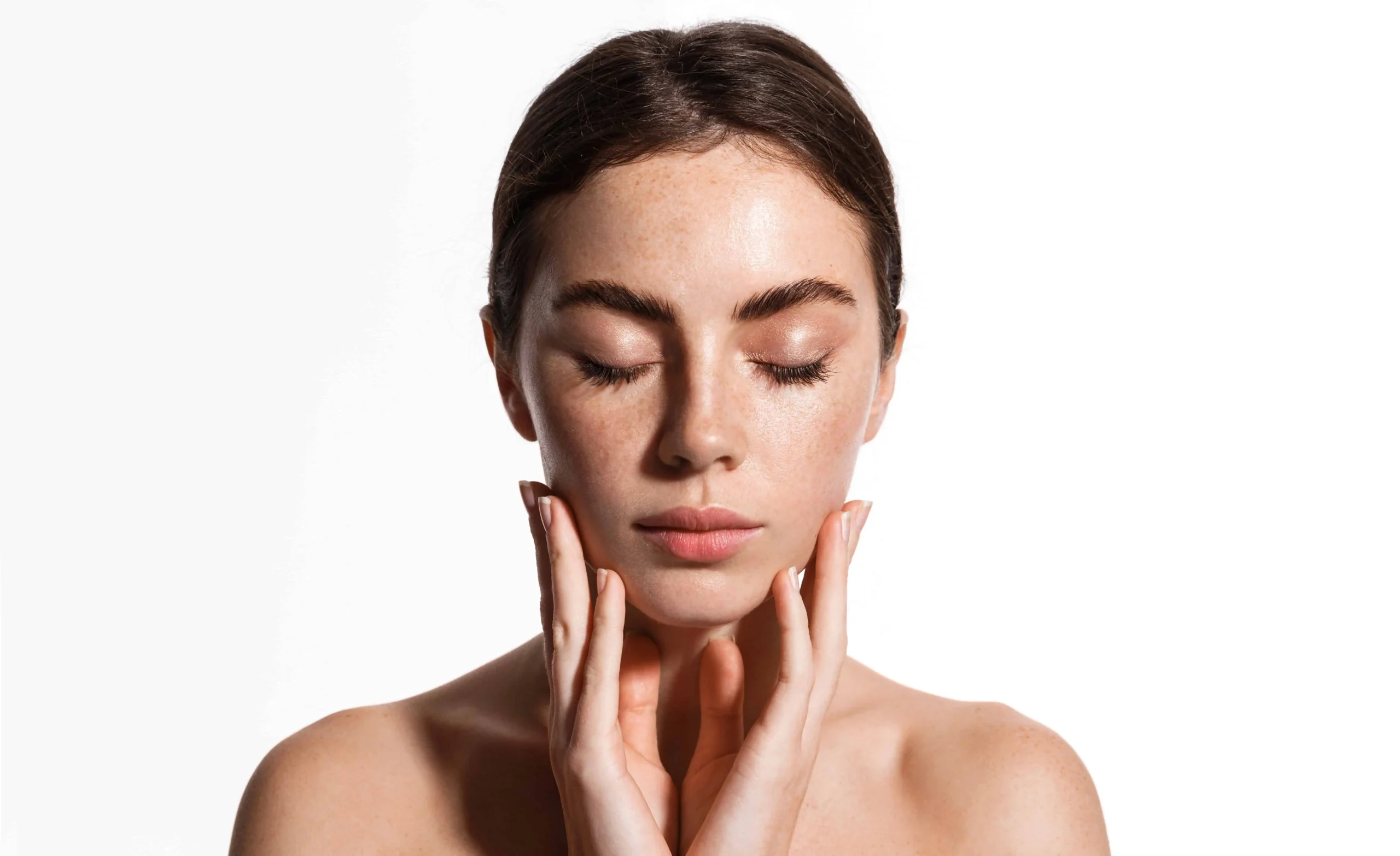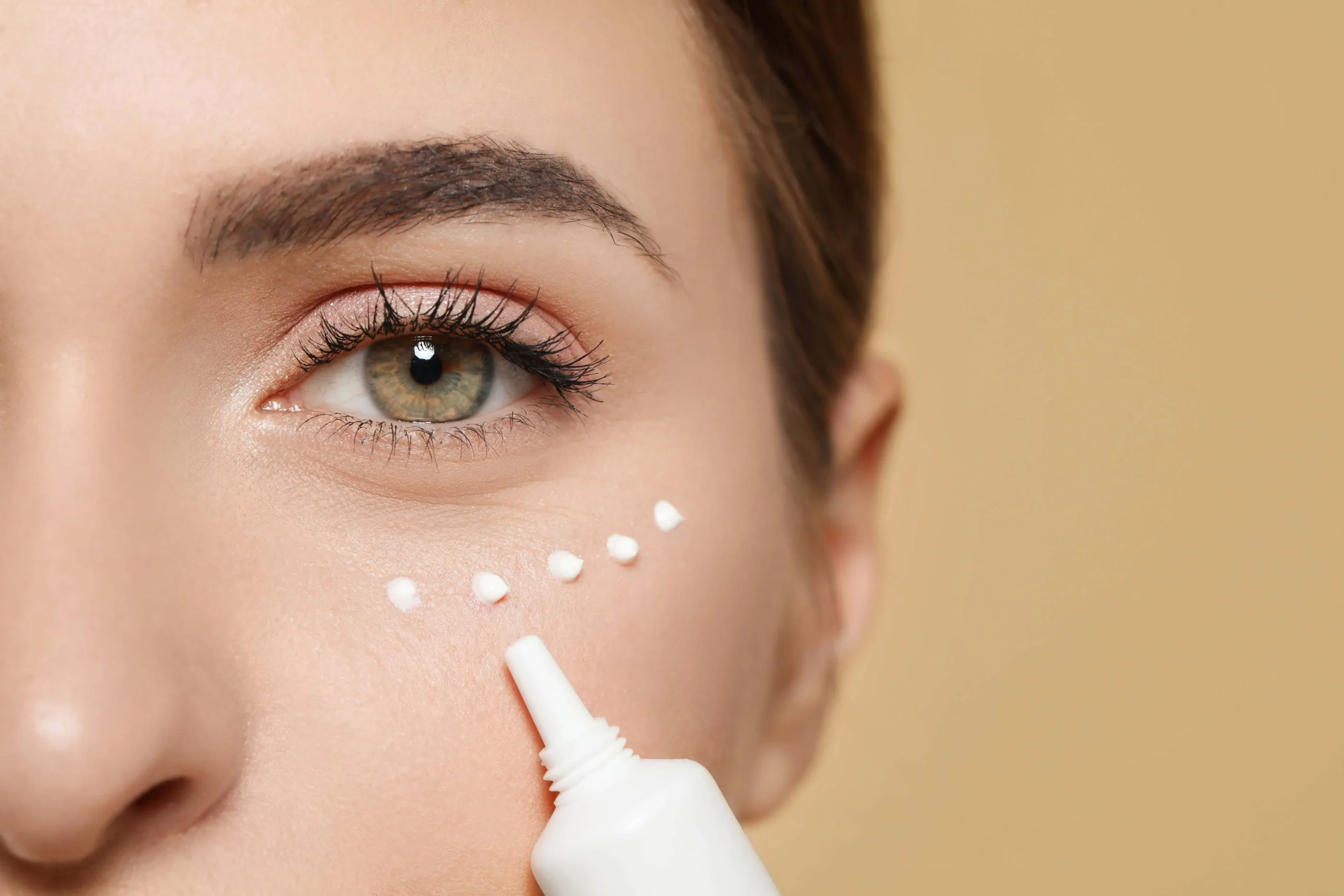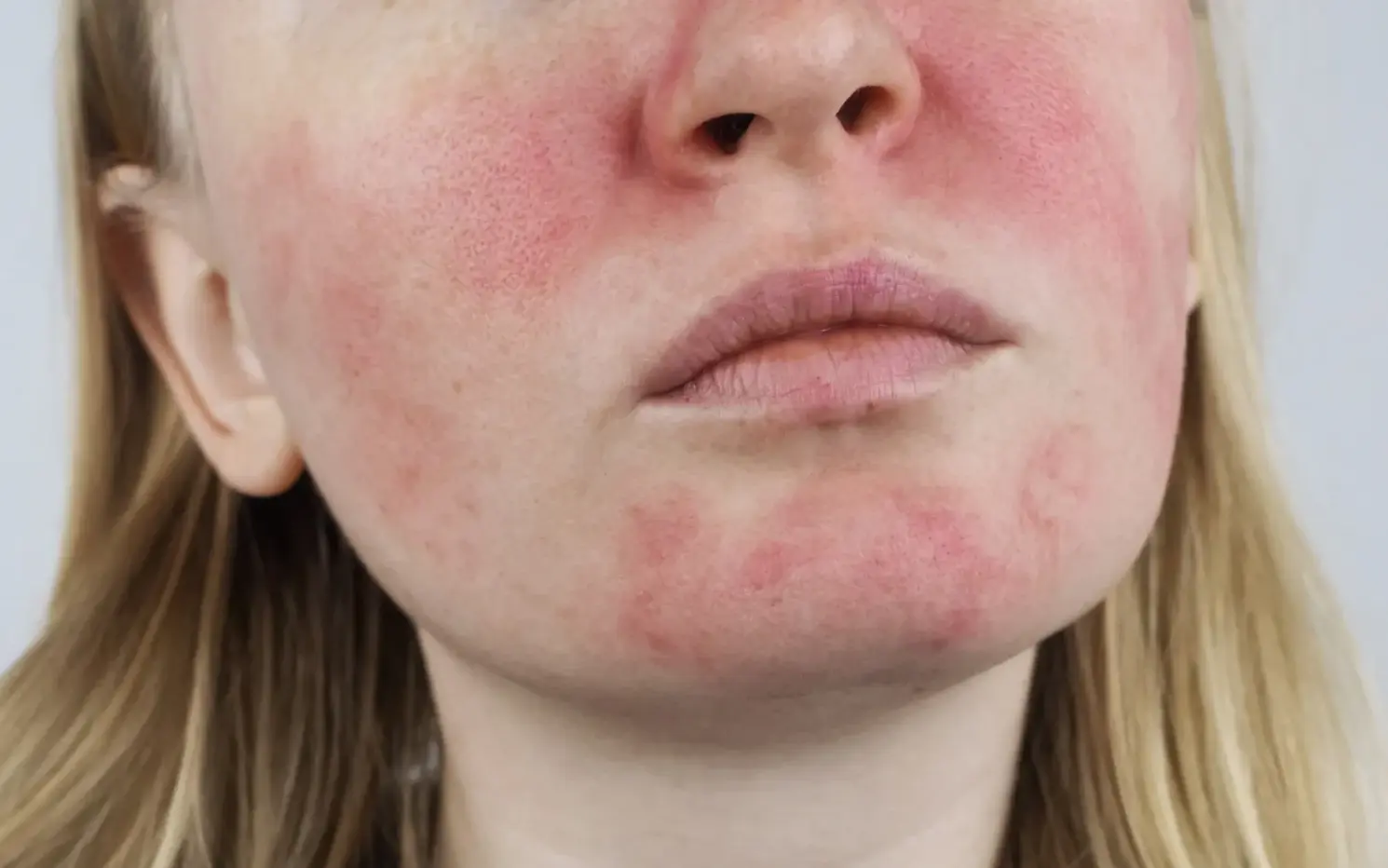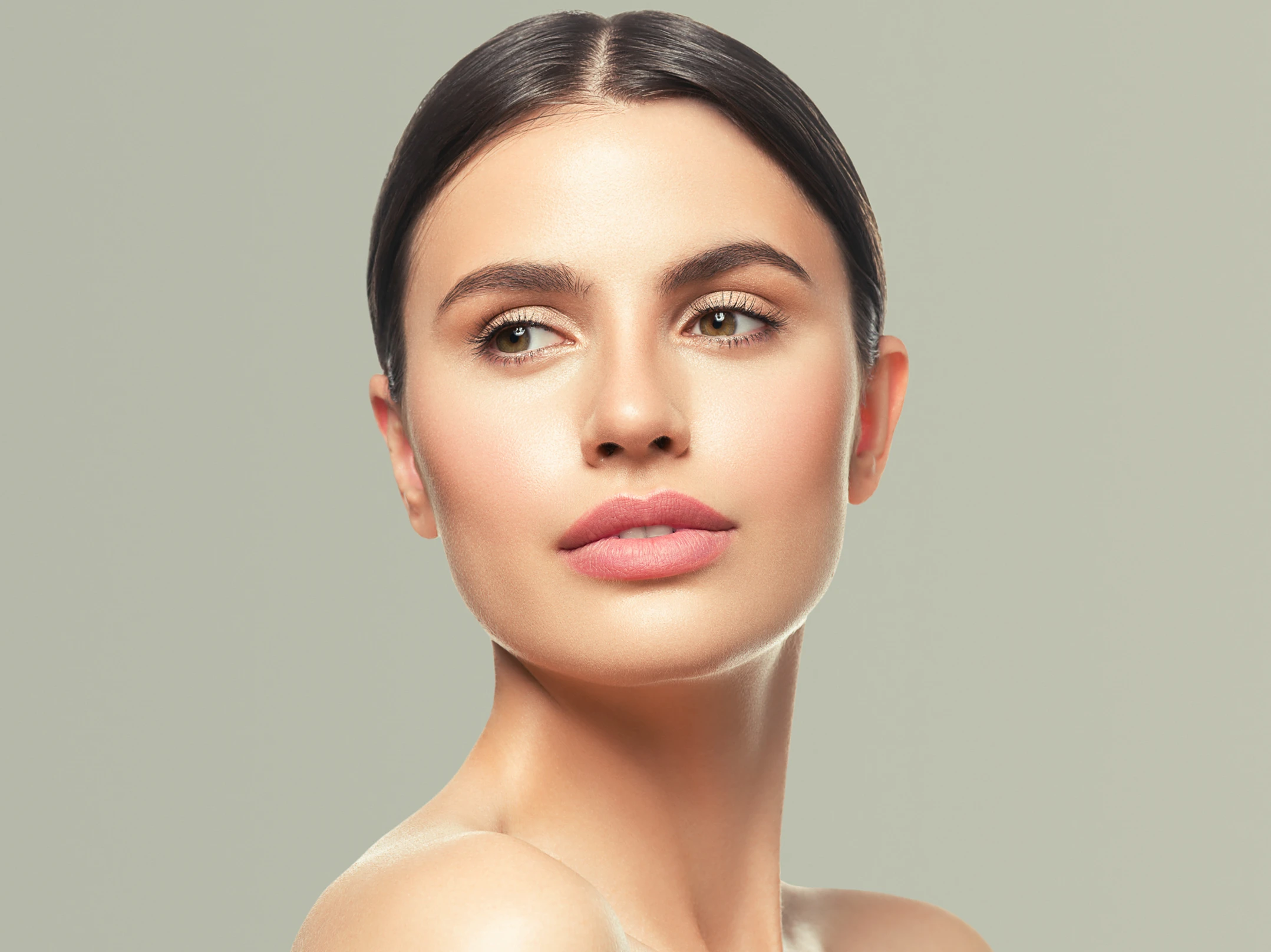Table of Contents
When it comes to skincare, we often hear the phrase, “Get your beauty sleep!” It’s commonly believed that sleep is key to healthy skin, but what if I told you it actually doesn’t influence your skin? Let’s dive into this controversial idea and explore the relationship between sleep and skin health.
The Common Belief
For years, we’ve been told that lack of sleep leads to dull, tired skin and can exacerbate issues like acne and wrinkles. The reasoning goes that when we don’t get enough rest, our bodies can’t repair and rejuvenate effectively, leading to visible signs of aging. But is the answer that clear?
The Science Behind Sleep and Skin
- Skin Regeneration: It’s true that our bodies repair themselves during sleep. Cells regenerate, and growth hormones are released, which can help with tissue repair. However, the extent to which this directly impacts skin appearance is still debated.
- Stress and Hormones: Lack of sleep can increase stress levels, which in turn raises cortisol, a hormone linked to inflammation and breakouts. So, while sleep itself may not directly impact your skin, the stress that comes from sleep deprivation could.
- Blood Flow: When we sleep, blood flow to the skin increases, which can give it a healthy glow. But this doesn’t mean that one night of poor sleep will ruin your complexion. It’s more about long-term habits than occasional sleepless nights.
Individual Variability
One reason the sleep-skin connection can be misleading is that everyone’s skin is different. Some people may notice that their skin looks worse after a few restless nights, while others may not see much of a difference. Genetics, skin type, and overall health play significant roles in how our skin responds to lifestyle factors, including sleep.Lifestyle Factors Matter More
While sleep may not be the sole determining factor for skin health, several other lifestyle factors are crucial:- Hydration: Drinking enough water is essential for keeping skin hydrated and plump. Dehydration can lead to dryness and dullness, regardless of sleep patterns.
- Diet: What you eat can directly impact the appearance and health of your skin. Diets rich in antioxidants, vitamins, and healthy fats can help maintain a radiant complexion.
- Skincare Routine: A consistent skincare routine tailored to your skin type is vital. Proper cleansing, moisturizing, and sun protection are key components of healthy skin.
- Stress Management: Stress can affect your skin, but managing it through practices like exercise, meditation, or hobbies can have a positive impact.
The Bottom Line
So, can we really say that sleep has no impact on your skin? It’s a complex relationship. While sleep is essential for overall health and well-being, its direct effects on skin appearance can vary from person to person.
Instead of solely focusing on sleep as the key to great skin, consider a holistic approach. Pay attention to hydration, nutrition, skincare, and stress management to achieve a glowing complexion.
At the end of the day, while a good night’s sleep can certainly help you feel better and more energized, it’s just one piece of the puzzle when it comes to healthy skin. Focus on what works best for your body and your lifestyle, and your skin will thank you!




